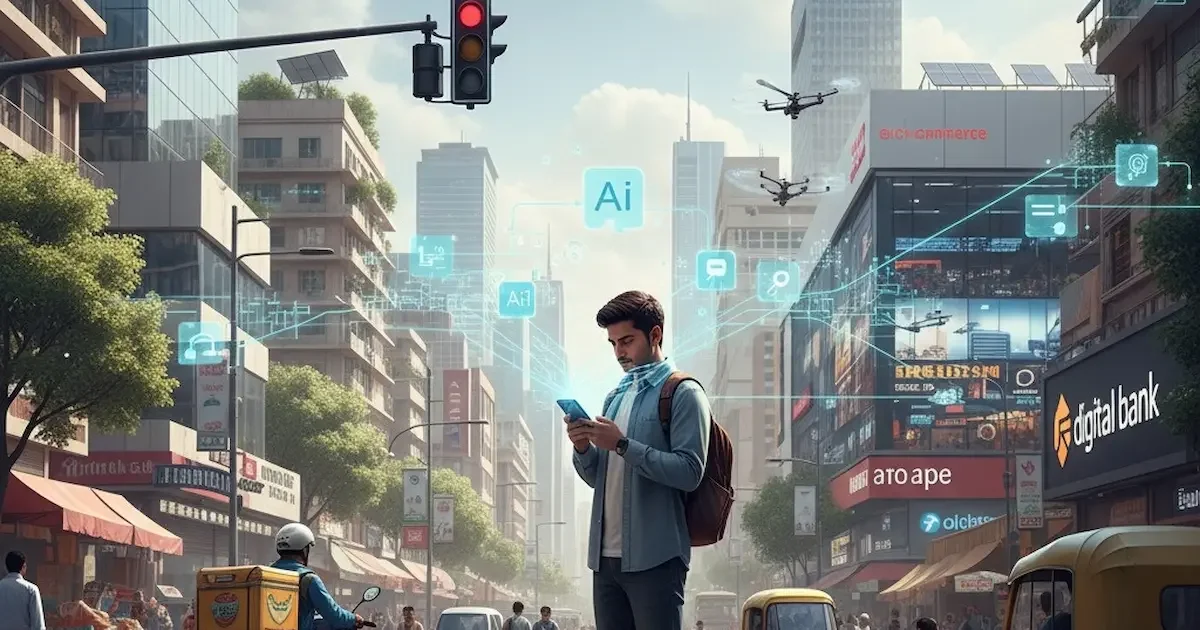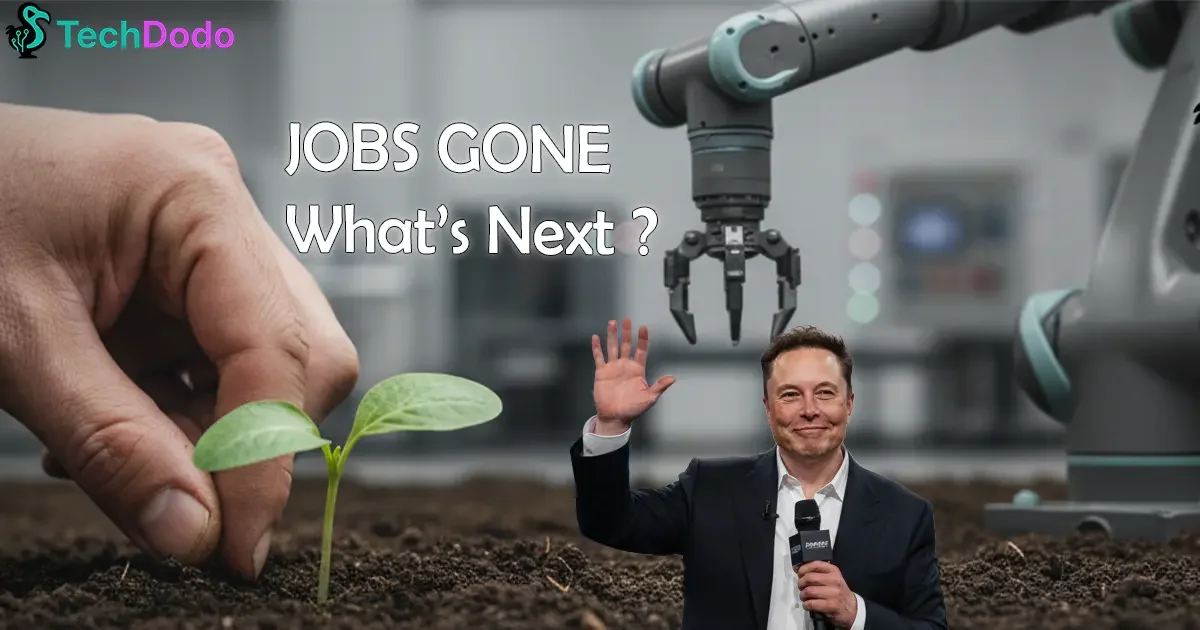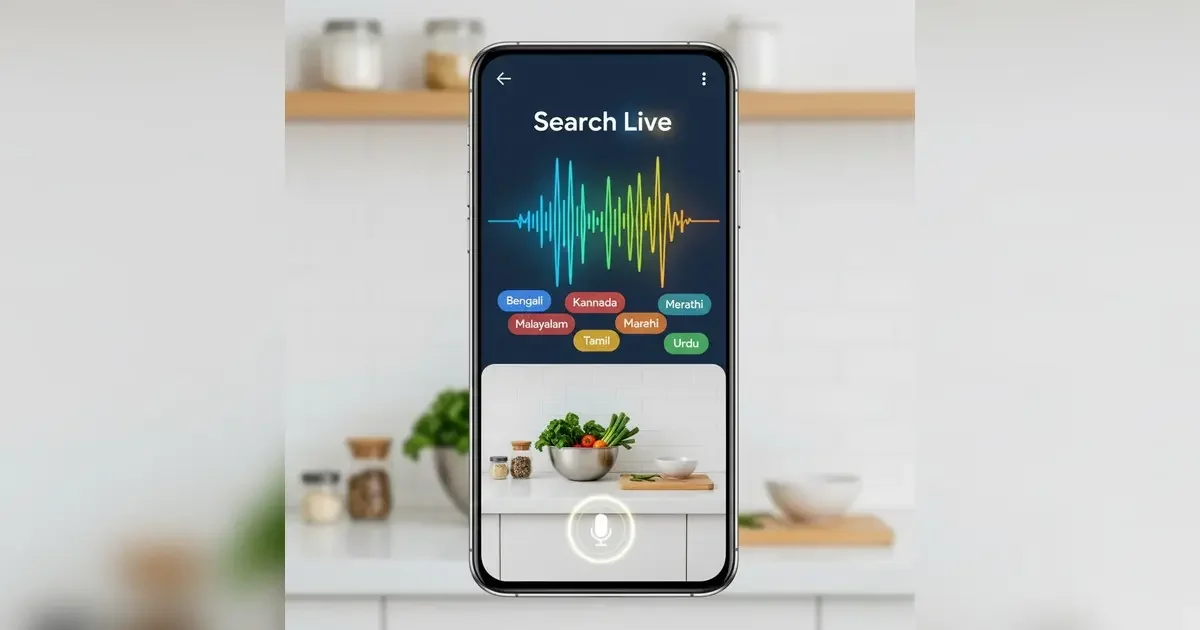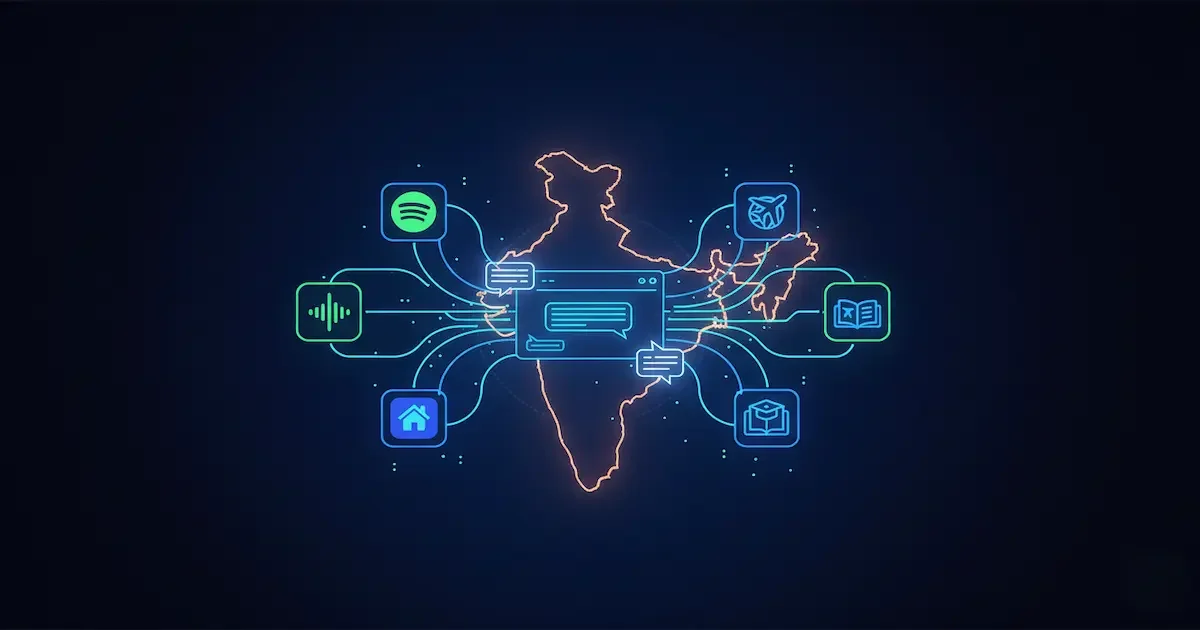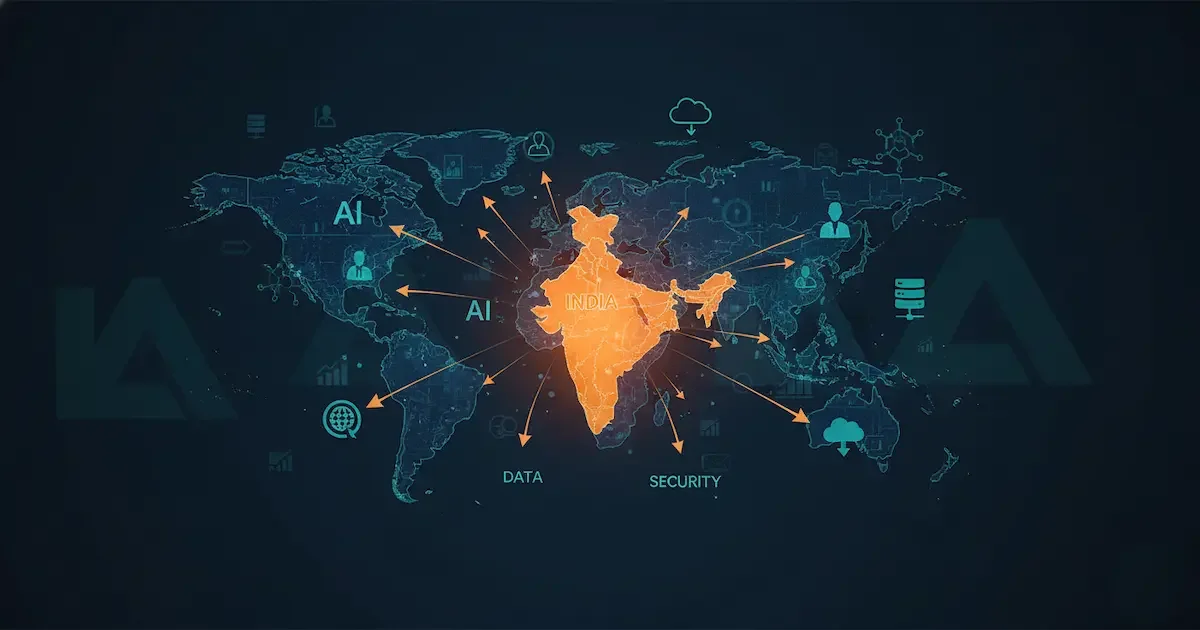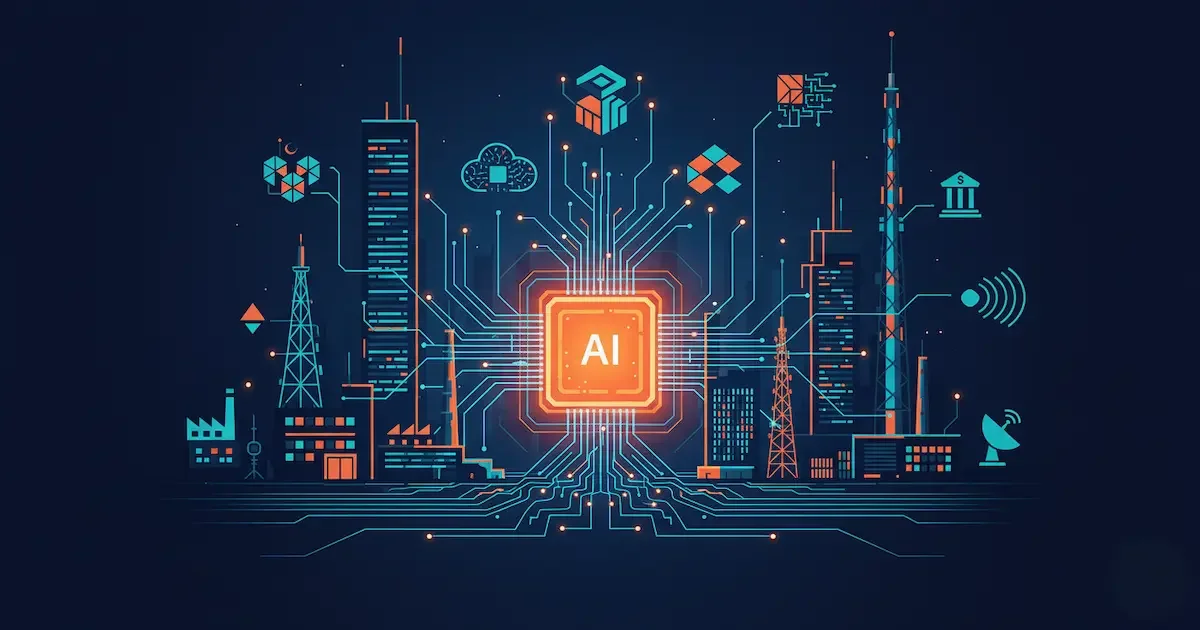AI Isn't Coming, It's Already Here: How Your Life is Secretly Being Run by Algorithms
We’re all guilty of it. We think of "Artificial Intelligence" and our minds jump to sci-fi movies. We picture humanoid robots, super-smart computers plotting to take over the world, or some HAL 9000-esque voice whispering ominous things through a speaker. We’re waiting for a grand entrance, a big "hello, humans" moment.
Well, you can stop waiting. The AI revolution isn't coming. It’s already happened. It just didn't send out an invitation.
The truth is, AI integrated itself into your life so quietly and so seamlessly that you never even noticed. It's not a single, visible entity. It’s an invisible layer, a silent partner in almost every single thing you do. It's the ghost in the machine of your daily existence, and frankly, your life in India would probably fall apart without it.
Your Day, Sponsored by Machine Learning
Let's just take a quick, honest look at the last 24 hours.
You woke up and unlocked your phone with your face or fingerprint. That’s AI. Computer vision algorithms, trained on your unique features, made a split-second decision that you are, in fact, you.
You opened Google Maps to check the traffic to work. The app didn’t just show you a static map. It analyzed real-time data from thousands of other phones, predicted traffic flows using machine learning, and calculated the optimal route for you. That’s AI.
On your way, you put on a Spotify or YouTube Music playlist. The "Daily Mix" or "Discover Weekly" that seems to read your mind? It’s not a person, it's a recommendation engine—a complex algorithm that has analyzed your listening habits, compared them to millions of others, and served up songs it predicts you’ll love. That's AI.
At work, you replied to emails. The tool that finished your sentences ("Hope you're having a great...") and sorted that annoying promotional message into the spam folder? That's AI learning what you consider important and what you consider junk.
Lunchtime. You opened Swiggy or Zomato. The list of restaurants "Recommended for You" wasn't random. It was based on your past orders, your location, the time of day, and what people with similar tastes have enjoyed. That's AI.
In the evening, you decided to chill and opened Netflix. The entire homepage—from the "Top 10 in India Today" to the specific thumbnail image it shows you for a movie—is hyper-personalized by an AI that wants to keep you glued to the screen for as long as possible.
And when you paid for that subscription with UPI? The fraud detection system that ran in the background, analyzing the transaction for any suspicious activity in milliseconds to make sure your account was safe? That, my friend, is some of the most powerful AI on the planet.
It's Not Magic, It's Just Really Smart Plumbing
We don't notice all this because good AI is like good plumbing. You don't think about the pipes; you just turn on the tap and expect water to come out. AI has become the invisible plumbing of the digital world.
It's not one single super-brain. It's a collection of specialized tools. Machine Learning is the part that learns from data (your music taste, traffic patterns). Natural Language Processing (NLP) is what allows you to talk to a customer service bot or have your email sorted. Computer Vision is what powers face unlock and Google Lens.
These aren't conscious beings. They are incredibly powerful pattern-recognition machines. They've sifted through more data than any human ever could and have simply gotten very, very good at predicting what should happen next.
So, Should We Be Worried?
Look, this isn't a dystopian horror story. This invisible AI layer makes life ridiculously convenient. It saves us time, money, and headaches.
But it's probably healthy to stop and realize that our choices are constantly being nudged and shaped by algorithms we don't see and can't control. The line between a helpful recommendation and subtle manipulation is incredibly thin. The same AI that suggests a new song can also be used to create filter bubbles that reinforce our biases.
The point isn't to be scared of AI. The point is to stop being ignorant of it.
The next time Google Maps saves you from a traffic jam or Netflix suggests your new favourite show, just take a second to acknowledge the ghost in the machine. It’s not a robot overlord. It's just a bunch of code, silently and efficiently running your world. And it’s been here all along.
